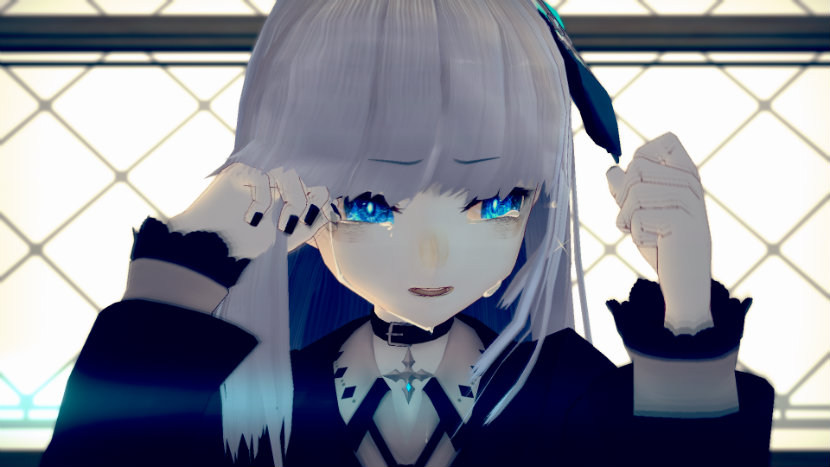This review and game comes with a content warning for thematic reasons: anxiety, depression, suicide, and infanticide, some of the above involving minors.
Video games can often make us think about the world around us, or show us new perspectives or experiences beyond our own. But so rarely does a game turn that response inwards, and make the player look at themselves beyond things…
-
Striking storytelling tackles mental health in ways that reflect reality
-
Visual style uses exaggerated line work and unreal color to enhance tone and theme
-
Action is fast, responsive, and also participates in overall theme
-
Combat hits a low depth ceiling; only so much you can do to fight repetition
-
Progression/equipment systems seem broken or pointless
-
Boss fights can be a real drag








